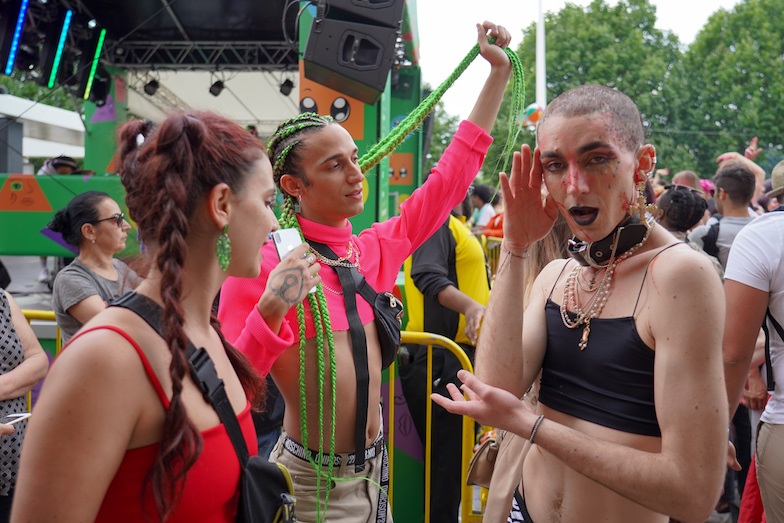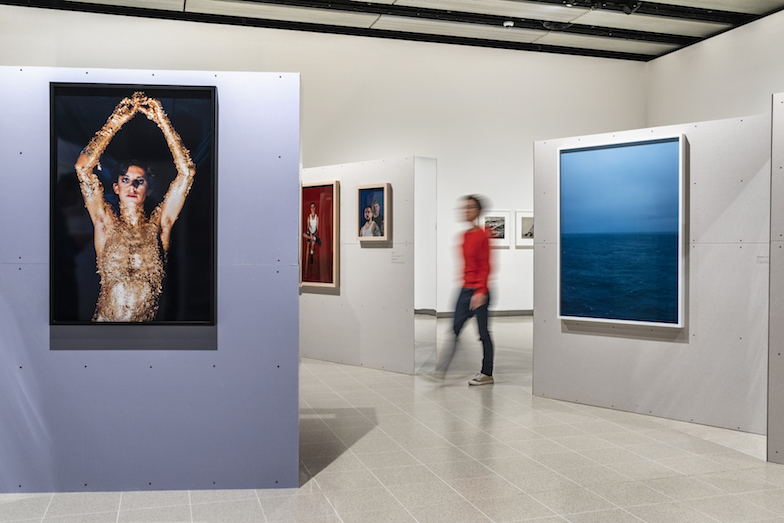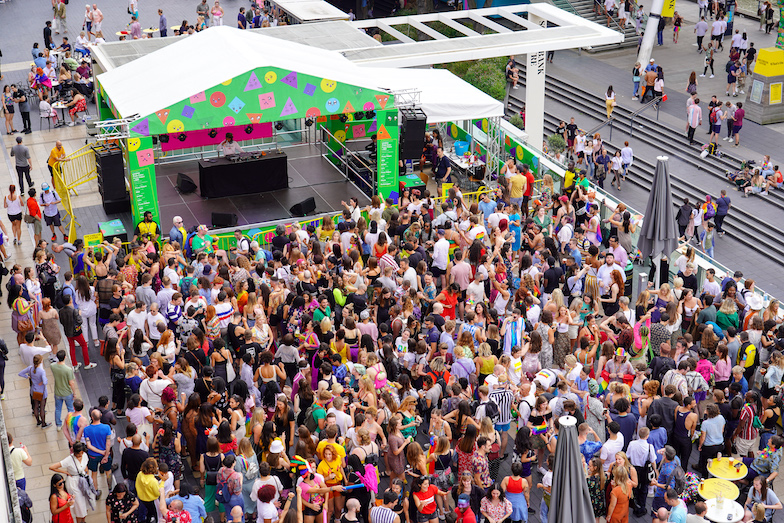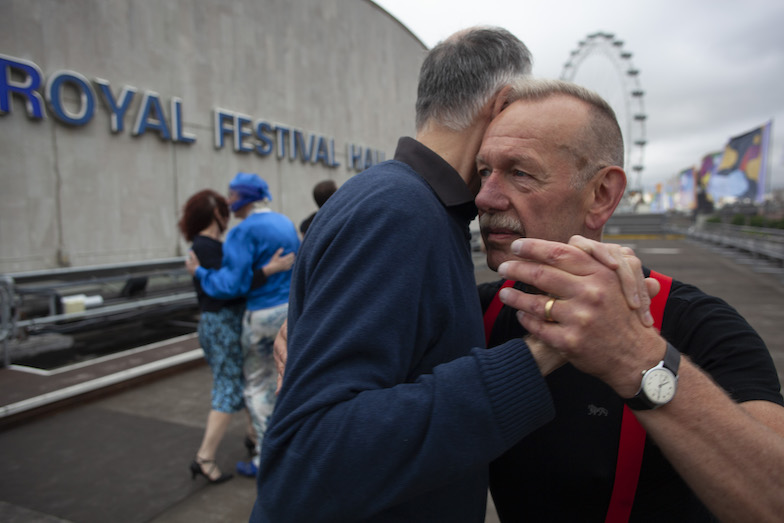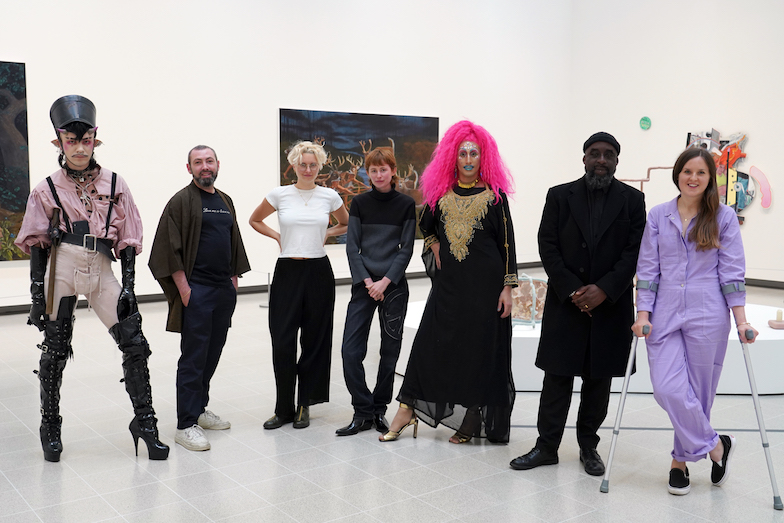
I first got a taste of how committed Southbank Centre is to programming and collaborating with LGBTQ artists back in 2008 when I curated a season of work called Dorothy Nights; a late night cabaret programme in response to our summer show, The Wizard of Oz.
What followed was a tornado of LGBTQ programming with a dynamic mix of artists all with a Dorothy twist, ranging from Le Gateaux Chocolat to David Hoyle, Jonny Woo to David McAlmont, legends in the cabaret world plus burlesque and bearlesque (hairy boy burlesque!) all for free to an appreciative audience proud to be in such a public and high profile venue. 2 years later Royal Vauxhall Tavern stalwarts Duckie hosted yet another free party in the Royal Festival Hall to celebrate their 15th Birthday with current Night Czar Amy Lamé dressed in a toga owning the dance floor, welcoming audiences old and new to dance, celebrate and express themselves in this other very Royal venue.
Whether it’s drag queens in our family festivals or performance artists Scottee and Ursula Martinez on our stages, Southbank Centre has had a long history of working and celebrating difference and striving to ensure that all parts of society are represented in the programme. Rooted in our DNA since conception in 1951 for the Festival of Britain, the notion that all are welcome and everyone is and should feel visible flows through our veins. The open and public nature of our foyer spaces ensures that we have a constant flurry of people all using our building in unique ways. With 17 acres to play with including venues like the Royal Festival Hall, Queen Elizabeth Hall, Purcell Room and Hayward Gallery we have quite a canvas in which to create surprising moments where audiences can bump into art and this is where I believe the real magic happens! Never am I proudest than when audiences who wouldn’t normally mix or meet are enjoying great art side by side, acknowledging their differences, but comfortable in their mutual appreciation of what they have stumbled across.
All the way back to 1968 when an unknown David Bowie performed in the Purcell Room, or the 1980s when the site hosted Pride, right up to 2007 when the newly refurbished Royal Festival Hall reopened with same sex ballroom dancing on the terraces, LGBTQ voices have always been represented in the programme.
Southbank Centre is an important place for local communities to meet and different communities have taken ownership of different spaces – whether it’s the Skaters in the newly extended Undercroft; dancers making use of the Royal Festival Hall cloakroom lobby to practice; or volunteers who have previously experienced homelessness, addiction or mental health problems tending to the thriving Roof Garden on top of the Queen Elizabeth Hall. Coming together, congregating or just hanging out with your toddler, Southbank Centre really does welcome everyone onto our site.
This summer, we take our lead from the Hayward Gallery summer show Kiss My Genders. Using the theme of gender identity, the group visual art show has been the starting point for all our outdoor programming. Kiss My Genders showcases established and emerging artists who all play with gender and identity and approaches to articulate and engage with gender fluidity, as well as with non-binary, trans and intersex identities . Southbank Centre’s programming team approached club nights, artist collectives and DJs to curate their own night of music and performance. Many of the artists we approached have created their own unique performance spaces out of a necessity to ensure the safety of their audiences and performers and we have taken a risk on whether the terrace at the Royal Festival Hall would even appeal as a venue. To our absolute delight everyone said yes! The draw of the terrace with some of London’s most famous landmarks as a backdrop and the belief that Southbank Centre is a safe space where their artists would be looked after and their audiences welcomed meant that we were able to curate a brilliant mix of events, kicking off with a Pride party that welcomed 1000s of visitors!
As we programme into the autumn and winter seasons, many of the artists are already booked to return in addition to many new partnerships formed on the back of the summer programme.
Gender neutral toilets, badges with staff pronouns highlighted for audiences to know how to address them, and information for advice lines if needed, are all steps that have been taken this summer to ensure people feel safe on site. Southbank Centre is committed to going the extra mile to ensure our site is as open and welcoming as possible. This ethos, which stems from Southbank Centre’s birth in 1951 is not just for the summer but will live on, as will the relationships we continue to make with LGBTQ audiences and artists as we continue to ensure that LGBTQ voices are present at every level of our programme.
Tamsin Ace, Head of Public Programming @ Southbank Centre.
